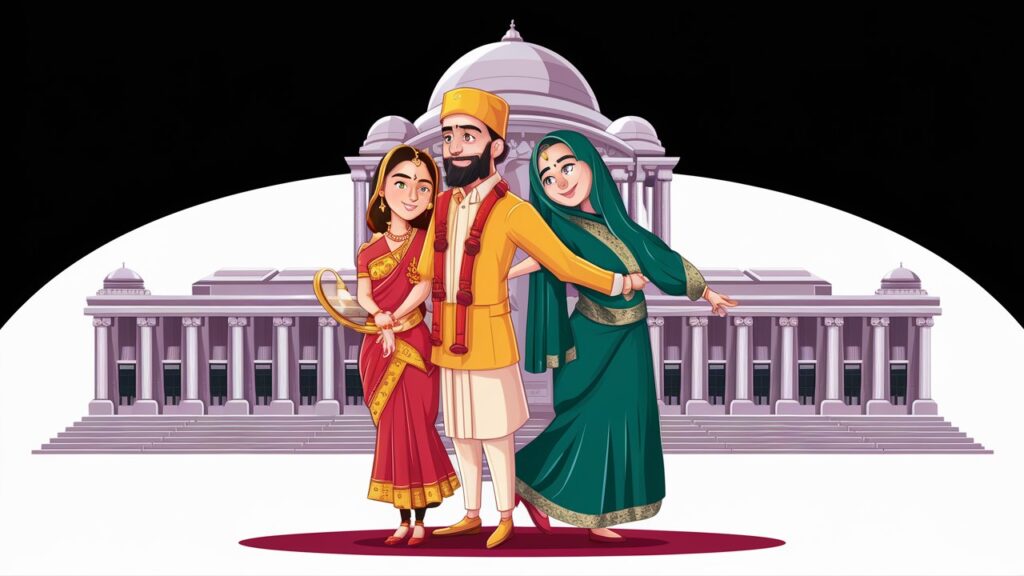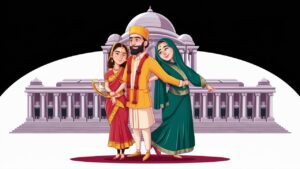Case Analysis of Sarla Mudgal vs Union of India 1995 3 SCC 635

The Sarla Mudgal case is a landmark judgment that addressed the intersection of personal laws and constitutional principles. It drew attention to the challenges posed by religious conversions in the context of personal status and marriage, and it paved the way for discussions on necessary reforms in personal laws to ensure fairness and justice.
Background of the Case
India’s legal system recognizes the personal laws of different religious communities, such as Hindu law, Muslim law, Christian law, and others. These laws govern various aspects of family life, including marriage, divorce, adoption, and succession. While this pluralistic approach allows for religious freedom, it has also led to complications when individuals convert from one religion to another, especially in the context of marriage.
Facts of the case
Sarla Mudgal, the petitioner, was the first wife of a Hindu man who converted to Islam. After his conversion, he remarried without obtaining a divorce from Sarla under Hindu law. This created a legal and personal dilemma for Sarla, as her husband’s conversion was used as a means to contract a second marriage, which would have been prohibited under Hindu law.The case brought to the forefront the larger debate about the need for a Uniform Civil Code (UCC) in India—a common set of laws governing personal matters regardless of religion. The issue raised questions about the balance between religious freedom and the need to protect individuals, particularly women, from exploitation and injustice under the guise of religious practices.
Issues of the case
- Whether the conversion of a Hindu husband to Islam and his subsequent remarriage under Islamic law without divorcing his first wife under Hindu law is valid?
- Whether such conversion and remarriage violate the constitutional guarantees of equality and justice under Articles 14, 15, and 21 of the Indian Constitution?
Judgment
The Supreme Court held that the conversion of a Hindu to Islam and subsequent remarriage without divorcing the first wife under Hindu law is an attempt to misuse the personal laws for personal benefit. The Court recognized that such an act creates legal and social confusion and undermines the rights of the first wife. The Court observed that conversion alone does not dissolve the marriage under Hindu law, and the marriage remains valid unless formally dissolved. The Court noted that while personal laws permit a Muslim to marry multiple wives, this cannot be applied to a marriage that was originally conducted under Hindu law.
The case highlighted the need for legislative reform to address issues arising from conflicts between personal laws. The Court emphasized the importance of ensuring that personal laws do not lead to the exploitation of individuals or violate their rights.
To enhance your legal career as a corporate lawyer or to setup your own private practice you must acquire practical legal skills, Inculcatelaw offers comprehensive courses to enhance your legal knowledge. Follow us on Linkedin and Instagram
Submit your blog on submissions.inculcatelaw@gmail.com.



